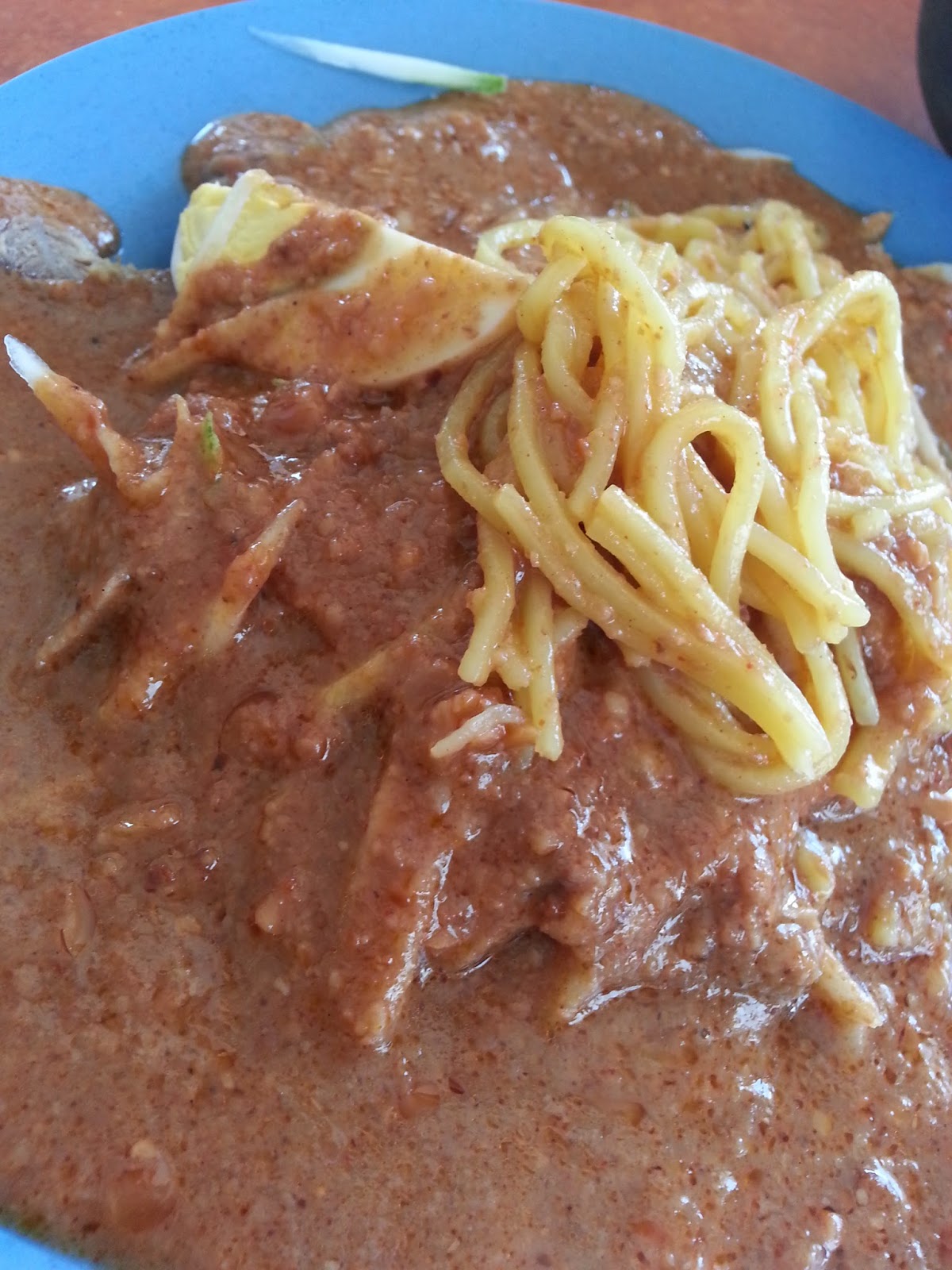The small town of Tuaran lies 34km to the north of Sabah's state capital Kota Kinabalu. The main population consists of ethnic Dusun of the Lotud clan, with Bajau and chinese of Hakka descent making up the remainder.
Tuaran is hemmed in on three sides by a loop in the Tuaran river. On Sunday mornings, a Tamu, or open air farmers market takes place in town, with various produce on display on the streets beside the Tuaran river.
Tuaran's other item of interest is a nine-storey chinese pagoda, which is about the only prominent landmark in the town.
The name "Tuaran" itself is believed to be a corruption of the word "Tawaran", which basically means "to bargain". This alludes to the areas importance as a market place for trade and barter since before the British took control of the area in the 19th century; and still continues until today with the weekly Tamu. "Tawar" also means freshwater, which could also be a source of the name "Tuaran".
Tuaran's other claim to fame is a noodle dish called "Tuaran Mee" which is essentially handmade egg noodles which is fried and served with egg roll slices and roast meat.
However whenever I'm in Tuaran, its not the Tuaran Mee that I go looking for, but the Soto Tuaran. Soto is of course a traditional soup or broth of indonesian origin comprising of meat and vegetables. There are many variations throughout the region; while the version in Peninsular Malaysia is usually compressed rice cakes ("nasi impit") in yellow chicken broth with chicken strips, bean sprouts and fried mashed potato meat cakes ("bergedil"); the Sabah version is usually rice vermicelli with chicken, beef and other mystery cuts of meat with cucumber strips, sliced hard-boiled egg and coriander in beef broth.
However whenever I'm in Tuaran, its not the Tuaran Mee that I go looking for, but the Soto Tuaran. Soto is of course a traditional soup or broth of indonesian origin comprising of meat and vegetables. There are many variations throughout the region; while the version in Peninsular Malaysia is usually compressed rice cakes ("nasi impit") in yellow chicken broth with chicken strips, bean sprouts and fried mashed potato meat cakes ("bergedil"); the Sabah version is usually rice vermicelli with chicken, beef and other mystery cuts of meat with cucumber strips, sliced hard-boiled egg and coriander in beef broth.
The best Soto in Tuaran, and possibly the whole of Sabah is at this chinese coffee shop ("kedai kopi") called Yung Siong. Finding it is easy, just look for the old clock tower which marks the centre of the small town of Tuaran.
The Kedai Kopi is the corner lot of the row of shop houses and faces directly onto the clock tower.
In true Sabahan muhibbah (unity) style, the owner of the shop is chinese and serves the drinks, whereas the muslim lady of indonesian origin sells the food from the stall in the front of the coffee shop.
The menu consists of only three main items, Soto with various versions of mystery meats, Sup Tulang ("Bone soup") and Rujak.
Rujak is basically blanched yellow egg noodles with slices of cucumber, turnip and egg drenched in peanut sauce. It comes with a small bowl of yummy Sup Tulang. At Yung Siong you can choose to have the Rujak with beef slices ("Rujak Daging"), chicken slices ("Rujak Ayam") or both beef and chicken together ("Rujak Campur").
As yummy as the Rujak is, the undoubted star of the show is the Soto Tuaran. Be sure to squeeze the lime slices into the broth for the best flavour.
You can chose to have the Soto with chicken, beef or mixed; just like the Rujak. Or if you are adventurous go for the Soto Urat (tendon), Soto Perut (tripe) or Soto Usus (intestine).
If you want to try the Soto here, go early in the morning or at noon. By afternoon, it will be sold out, such is the popularity of this restaurant.






